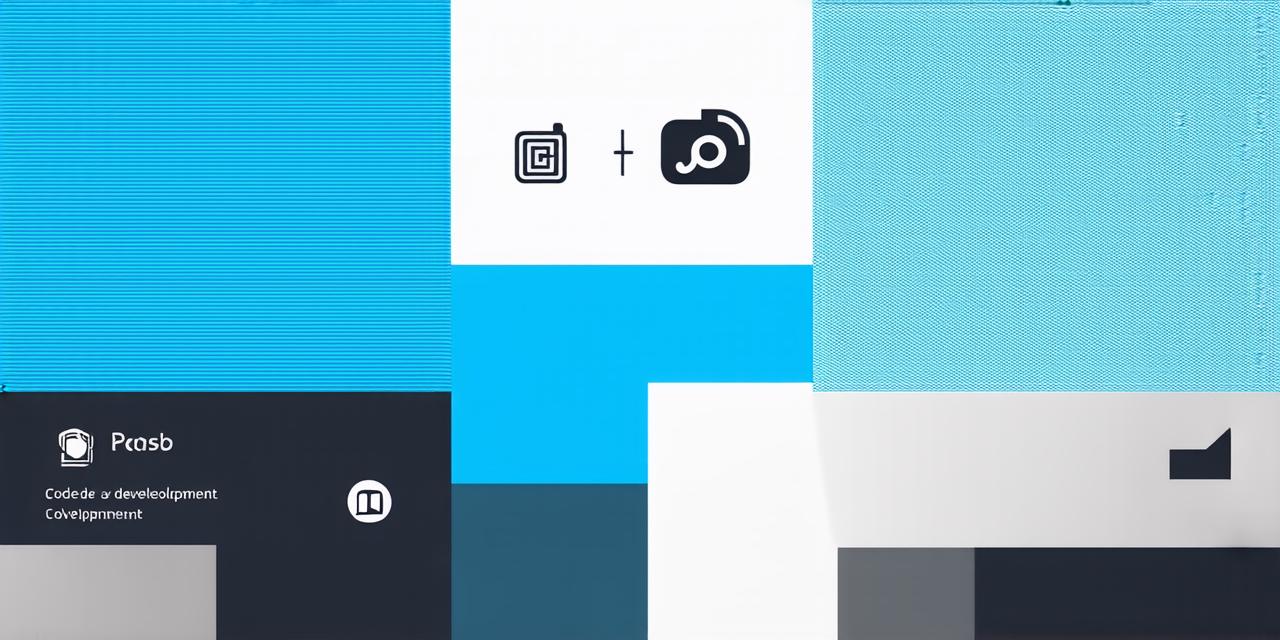Why develop mobile apps with Java?
Developing Mobile Apps with Java
Developing mobile apps can be a daunting task for app developers. With so many programming languages and frameworks to choose from, it can be difficult to determine which one is the best fit for your project.
Advantages of Developing Mobile Apps with Java
Cross-Platform Compatibility
One of the biggest advantages of developing mobile apps with Java is cross-platform compatibility. Java is an object-oriented programming language that allows developers to write code once and run it on multiple platforms, including Android and iOS. This means that you can develop your app once and deploy it on both platforms without having to write separate codebases for each platform.
Large Community Support
Another advantage of using Java is the large community support that comes with it. Java has a huge developer base, which means there are many resources available online for developers who want to learn or troubleshoot issues with Java. Additionally, many third-party libraries and frameworks have been developed specifically for Java, making development easier and more efficient.
Scalability and Performance
Java is also known for its scalability and performance. Java apps can handle large amounts of data and users without experiencing slowdowns or crashes. This makes it a popular choice for enterprise-level apps that require high levels of performance and reliability.
Ease of Use
Finally, Java is relatively easy to use compared to other programming languages. It has a simple syntax that is easy to learn and understand, and there are many tools and resources available online to help developers get started. Additionally, the Java Development Kit (JDK) comes with built-in debugging and profiling tools, making it easier for developers to identify and fix issues in their code.
Case Studies and Personal Experiences
Uber

One of the most well-known examples of a mobile app developed with Java is Uber. Uber is a ride-hailing app that was launched in 2010 and has since become one of the most successful startups in history. Uber was developed using Java and the Android platform, and it quickly gained popularity due to its simplicity and ease of use.
Google Maps
Google Maps is another great example of a mobile app developed with Java. Google Maps was launched in 2005 and has since become one of the most widely used mapping apps in the world. It was developed using Java and the Android platform, and it has continued to evolve and improve over the years.
Personal Experiences
As a software engineer who has worked on several mobile app projects, I can attest to the benefits of developing mobile apps with Java. In my experience, Java is a reliable and scalable language that allows developers to create high-performance apps that can handle large amounts of data and users.
FAQs
Is Java only used for Android app development?
No, Java is not only used for Android app development. It can also be used to develop apps for other platforms, such as iOS. However, the most popular platform for Java app development is Android due to its large user base and ease of use.
Do I need to learn Java if I want to develop mobile apps?
If you want to develop mobile apps, it can be helpful to learn Java. However, there are many other programming languages and frameworks that can be used for app development, so it ultimately depends on your personal preference and the specific requirements of your project.
